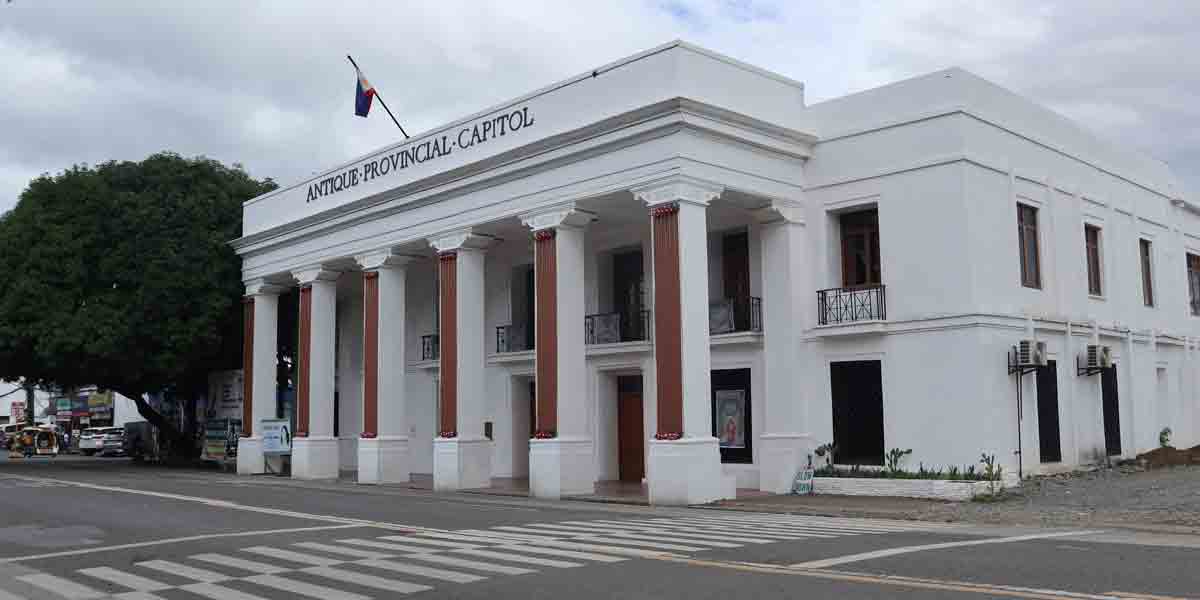 By Modesto P. Sa-onoy
By Modesto P. Sa-onoy
A radio listener commented on the planned imposition of Enhanced Community Quarantine with a statement that expresses the concern of many citizens who live on a daily wage. They are the so-called “isang kahig, isang tuka” sector of society. If they don’t work, they don’t eat! And their number is legion. The caller summed it all: the government will save lives from the virus but will kill the people from hunger and malnutrition whose impact on the children’s future is more lasting.
The business sector in Bacolod City and Negros Occidental had expressed in a more diplomatic way its opposition to placing Bacolod and Negros Occidental under an ECQ. We had it for weeks and we had experienced the adversities in our lives and psyche. All was not well.
We, government and people, lived in daily fear of what more catastrophe would fall upon us. The heavens seem deaf to our prayers as if God had unleashed His anger upon a sinful humanity and a chastisement was at hand to cleanse a people gone astray.
In a position paper, the businessmen said the people of Bacolod and Occidental Negros “are already experiencing the negative impact of the economic downturn due to the quarantine measures imposed earlier, and another lockdown may lead to more businesses closing, increase joblessness, more people falling deeper into poverty and its knock-on effects on peace and order.”
They did not list people going deeper into debt and inability to repay because that is what happened, is happening and will happen in greater measure once people are quarantined, businesses closed and worked stopped.
The signatories are men who have their heads in constant monitoring of the situation and though a relaxed environment is good for their business their opinions are well-tuned to the common welfare. Indeed their business rests on the common welfare. Without customers, their business would collapse. Their customers are only as good as their cash.
The signatories to the position paper was are Edgar Sy, president of Bacolod Filipino-Chinese Chamber of Commerce and Industry Inc.; Henry Uy, chairman of Negros Occidental Filipino-Chinese Amity Club Inc.; Roberto Montelibano, president of Metro Bacolod Chamber of Commerce and Industry; William Ong, president of Northern Negros Filipino-Chinese Chamber of Commerce and Industry; and Alfonso Cu, president of Southern Negros Filipino-Chinese Chamber of Commerce and Industry.
These are the leaders of the more organized and well-funded businesses and therefore they have the means to tide the situation over, but what of the merchants who struggle by the day? They have no means to cushion another week of commercial stoppage. The sad part is that the government has not prepared any contingency plan for the small businesses. A closure would be more devastating to them than to the signatories of the position paper.
The businessmen admit that “the quarantine measures are necessary to stop transmission in its tracks but the specific measures to be taken should consider the balance between slowing down the rate of infections and its impact on the economy.” It is balancing between life and death to many.
It was good that the business sector called on the full cooperation of the people of Bacolod City and Negros Occidental, to the government measures imposing stricter enforcement of health protocol standards, implementing aggressive tracking and improved the monitoring system, and declaring localized lockdowns in areas where community transmission is monitored.
They suggested some measures to help curb the transmission without resorting to ECQ such as to strictly enforce discipline and impose penalties. Increase police visibility especially in high traffic areas, strictly enforce the minimum health standards, the physical distancing, wearing of face masks and the compliance of the vulnerable population.
They recommended empowering the local barangay officials and holding them accountable for strict compliance to these minimum health standards in their sitios, puroks and barangays with constant monitoring and imposition of strict disciplinary measures. There can be an earlier curfew and liquor ban to limit movement and unnecessary gathering and night get-togethers.
They admitted that while quarantine measures are necessary to save lives, the government should also consider the necessity to reduce the possibility of more lasting damage to the economy. “Our local economy may not survive another lockdown and vulnerable people, families, and communities can fall deeper into poverty,” they added.
We are in a Catch 22 situation.






















